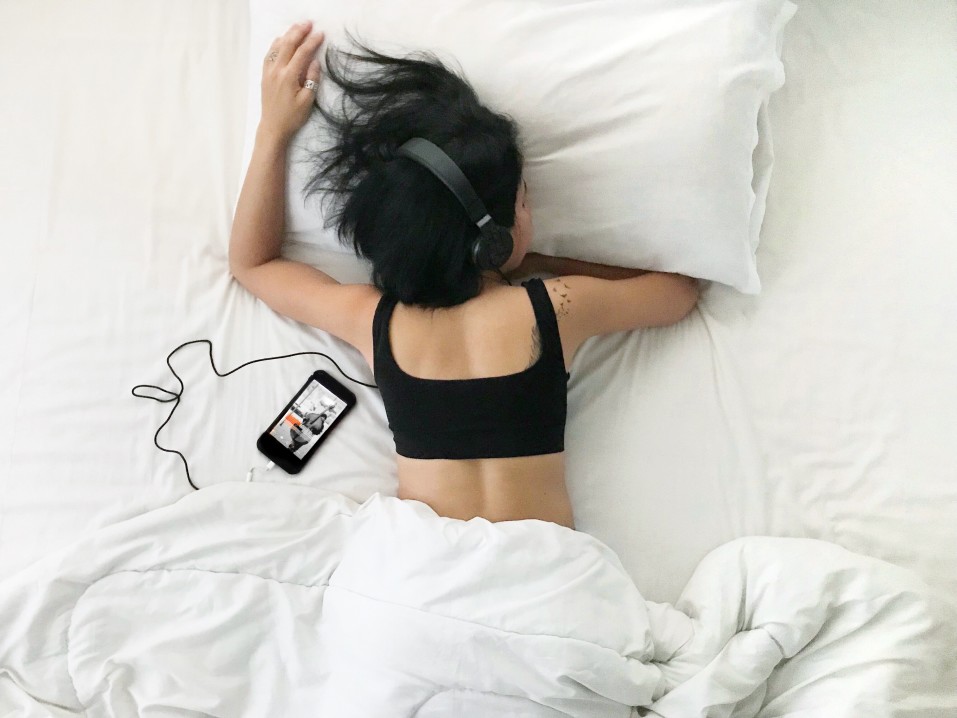More tech firms are creating products designed to help people sleep better.
Five portions of fruit and veg. 10,000 steps. And eight hours of sleep. Most of us know these recommended daily habits, but few of us follow through on all of them. Take sleep. Only about half of Brits say they regularly kip for about the right amount of time of 7-9 hours a night. Almost one-fifth only snooze for five or less hours, an amount that is considered unhealthy by experts. As most of us can attest, not sleeping well tends to put you in a bad mood and makes it harder to complete tasks to your normal ability. It also increases your risk for a whole host of not-nice diseases. So from an economic perspective, the costs of being a nation of poor sleepers are huge: increased healthcare bills, lower productivity, lower wellbeing, and so on.
For entrepreneurs and companies, it’s also a huge economic opportunity, because it means there is a big market for goods or services that make people sleep better. And indeed there are a bunch of products out there advertised as being for better sleep, from memory foam mattresses to sleep hypnosis. A big - and growing - section of the market, however, is in ‘sleep tech’; where gadgets like phones, watches and earphones are equipped with sensors. These devices claim to facilitate a better night’s sleep in various ways, but the basic premise of many is that they monitor the sleeper and use that data to highlight where helpful adjustments could be made to sleeping habits. In 2020, people spent about $12.5bn on such sleep tech. It’s been estimated that they will spend three times as much on it by 2025.
This all sounds like it should be a good thing. A booming industry generally means money-making opportunities, job creation, more taxes in government coffers, and more and better options for consumers as more companies join the action and old ones refine their products to compete. But there is a bit of a problem: sleep gadgets don’t seem to have a very high success rate. Few have backed up their claims of improving sleep with rigorous scientific experiments. One survey found that two-fifths of people who bought wearable devices gave up using them after their sleep didn’t improve.
If word-of-mouth and experience suggest sleep tech isn’t worth the cost, people will stop buying and sleep-tech businesses will stop making money. Luckily for the sleep-deprived, there are plenty of other, science-backed ways to sleep better. Many of them are even free! One big one is to reduce the amount of screen time you have, especially close to your bedtime (the light emitted by screens basically makes our brains think it’s not nighttime). Of course, this is not so useful for tech businesses. People using their devices far less around bedtime would not only make it harder to sell them sleep-tech, but also any other tech-based products.
Read our explainer on: is new technology always better

